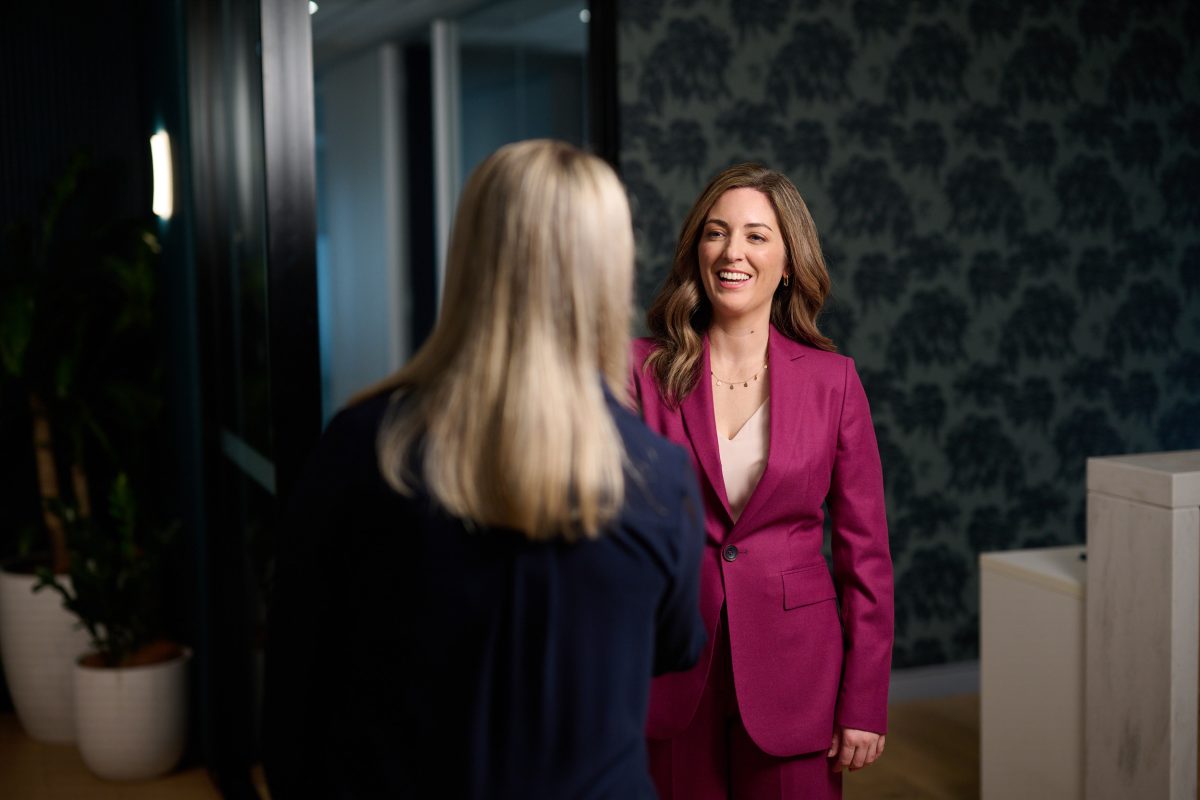
Separation may not feel like a given if money is tight. Photo: Region.
It’s been a tough few years for relationships under pressure with the economic climate causing further challenges for couples and families. Experts say many feel stuck in unhappy relationships because a separation is financially out of reach.
Data from The Separation Guide showed a 314 per cent increase in couples thinking about separating during the COVID lockdown. One family lawyer says, anecdotally speaking, this sounds about right.
In Parker Coles Curtis director and family law specialist Jacquelyn Curtis’s recent experience, the number of people seeking separation advice doesn’t seem to be waning even with the lockdown phase now behind us.
“Hard on the heels of the pandemic came rising living costs, interest rate hikes and economic uncertainty, all of which can put enormous strain on relationships,” she said.
There are usually some harsh realities to face when adjusting from one household with two incomes to two households with one income each, but are these additional factors bringing finances to the forefront of people’s minds when considering separation?
Ms Curtis says it stands to reason that some people feel they’re facing an impossible situation and, in some instances, perhaps a dangerous one.
“People are living separated under one roof out of necessity, and for longer than has been the trend in the past. Often, this pushes people past their point of comfort,” she says.
“We’re also seeing an increase in ‘birds nest’ arrangements, where children stay in the family home and parents take turns moving in and out to care for them.
“Both are viable options after separation, while all involved parties adjust to a relationship breakdown, but they are usually best kept short term. It can be hard to recover psychologically, emotionally and practically when you’re sharing space with your ex, and these arrangements are certainly not an option recommended for acrimonious break-ups or in situations of family or domestic violence.”

Parker Coles Curtis director Jacquelyn Curtis says the golden rule is to seek advice early. Photo: Parker Coles Curtis.
Short-term financial considerations when separating include identifying essential household and personal costs, auditing income sources for each party, including government subsidies, and working out how to meet ongoing costs.
The longer-term and sometimes more complex decisions, such as the division of assets and debts (including the family home and superannuation), can take longer to work through and may entail valuing significant assets.
“This can be fraught in an environment where values might fluctuate with an economy in flux,” Ms Curtis says.
“When finances are stretched, a careful commercial approach really needs to be taken, especially where there are modest assets to be divided.
“There are times when a lawyer simply advises on which disputes are worth pursuing and which ones you’ll be fiscally better off letting go of, which can be hard to see yourself in an emotionally charged situation.”
While it might seem counter-intuitive to spend scarce funds on legal costs when you’re already feeling the pinch, Ms Curtis says that the input of lawyers can be critical to help people get up to speed about their financial situation and understand how the law applies to them.
“The fact is, you don’t know what you don’t know,” Ms Curtis says.
“We guide them in that process of identifying the assets and understanding the resources they have available. We then investigate realistic and practical options for their property division.
“In some cases, people need help with financial literacy so that they can make informed long-term decisions.”
In many instances, clients may never see the inside of a courtroom.
“Out-of-court alternatives like mediation and negotiation are encouraged where appropriate and are preferable to litigation,” Ms Curtis says.
“We always scope out the dynamic between parties so we can assess whether a consent-based pathway is appropriate for them. If so, we can encourage and support processes to find out-of-court resolutions, including those that can be done without a lawyer.
“If someone wants to ‘self-drive’ aspects of their separation and divorce, we support that wherever possible. There are also low-cost community services and mediation that are ideal for people without complex issues.
“That said, managing your separation or divorce without legal assistance isn’t possible for everyone.”
There is no one-size-fits-all approach for family law situations, so the golden rule is to seek advice early.
“If money is holding you back from leaving or getting legal advice, there might be a temptation to act on online research and stories you’ve heard from others about their outcomes, but if you’re looking to get the best value out of your advice, prioritise getting professional advice at the earliest opportunity,” Ms Curtis says.
“While self-education is a powerful tool, there are a lot of misconceptions and information about family law, and you’ll need someone who can help you filter out the noise and apply the law to your individual circumstances.
This is particularly important when there are complex property arrangements, imbalances in financial literacy or family violence, but it applies to everyone.
“Solid legal advice paints you a picture of where you stand right now, how the law applies to you and the commercial and practical decisions ahead of you,” Ms Curtis says.
“It can be much more difficult – and expensive – to later try to roll back a decision that you made blind.”
For more information, contact Parker Coles Curtis.





















